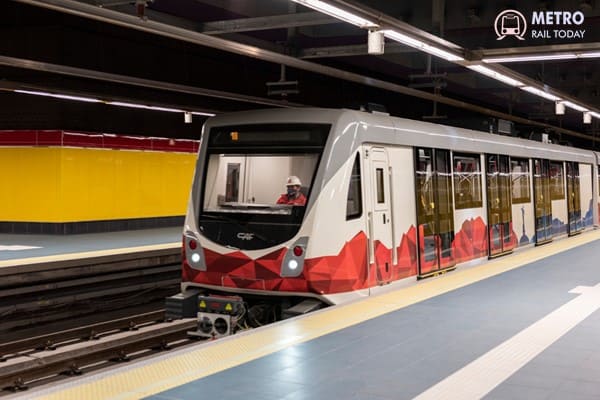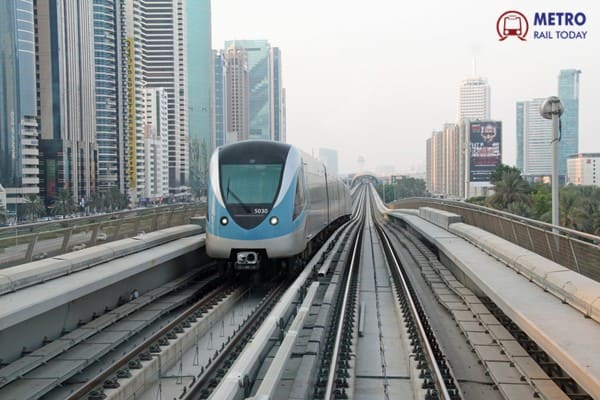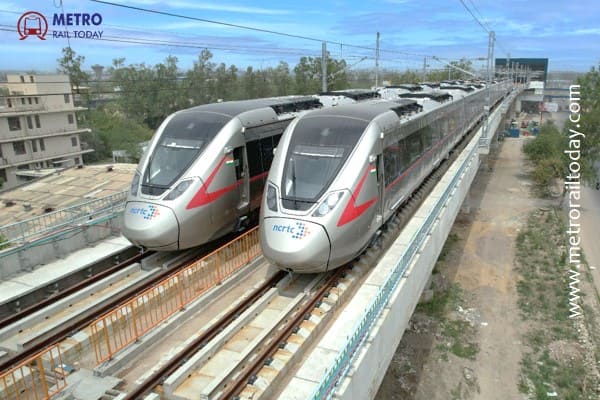 Delhi-Meerut Namo Bharat RRTS crosses 2 Crore Commuter Trips in Two Years
Delhi-Meerut Namo Bharat RRTS crosses 2 Crore Commuter Trips in Two Years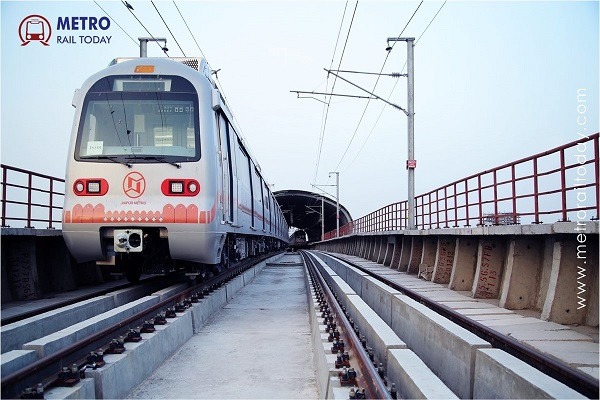 PIB approves ₹12,260 crore Jaipur Metro Phase 2 Project
PIB approves ₹12,260 crore Jaipur Metro Phase 2 Project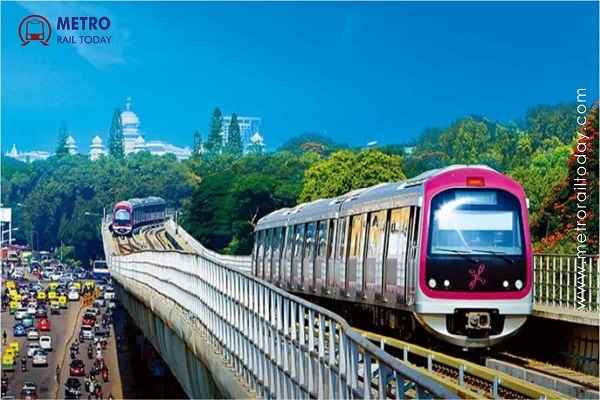 BEML rolls out First Driverless Metro Prototype for Bangalore Metro Phase 2 Expansion
BEML rolls out First Driverless Metro Prototype for Bangalore Metro Phase 2 Expansion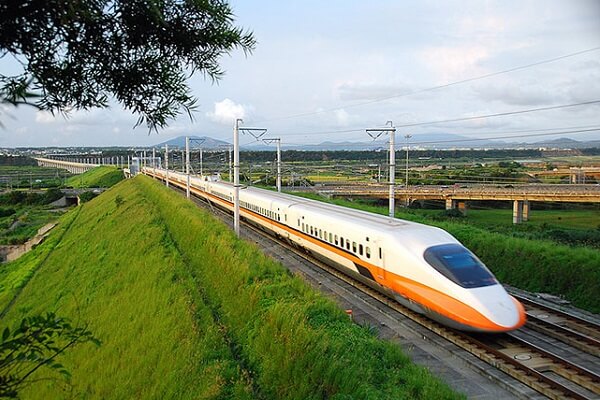 Hyundai Rotem dispatches First High-Speed Train Set to Uzbekistan
Hyundai Rotem dispatches First High-Speed Train Set to Uzbekistan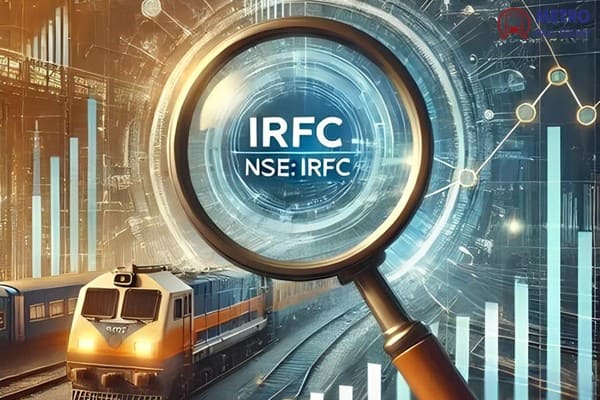 The Quiet Engine: Incredible Story of 40 Years of Indian Railway Finance Corporation (IRFC)
The Quiet Engine: Incredible Story of 40 Years of Indian Railway Finance Corporation (IRFC) Why Digital is the Next Track in India’s Railway Transformation?
Why Digital is the Next Track in India’s Railway Transformation?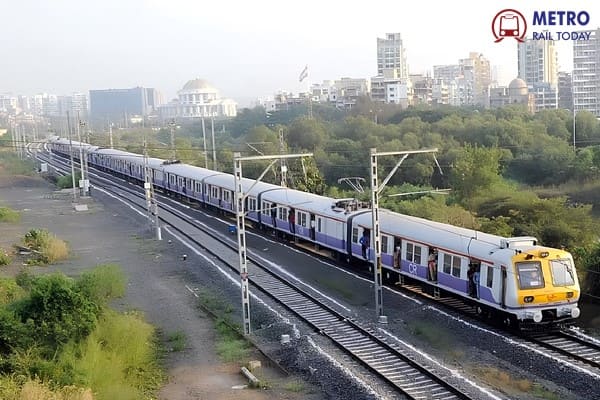 MIC Electronics secures First Indian Railways Order for indigenous RMPU Microprocessor Controller
MIC Electronics secures First Indian Railways Order for indigenous RMPU Microprocessor Controller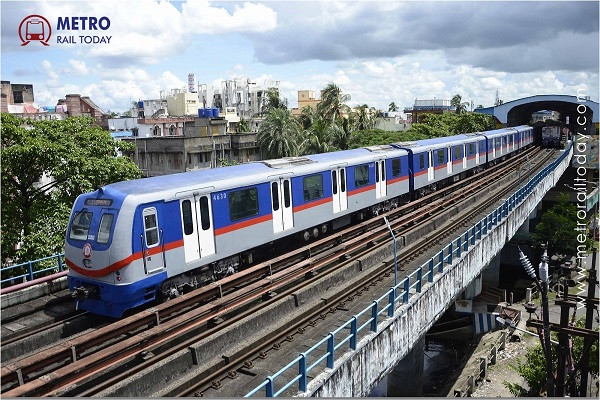 Know latest progress of Kolkata Metro Expansion, 20 km length stuck over land issues
Know latest progress of Kolkata Metro Expansion, 20 km length stuck over land issues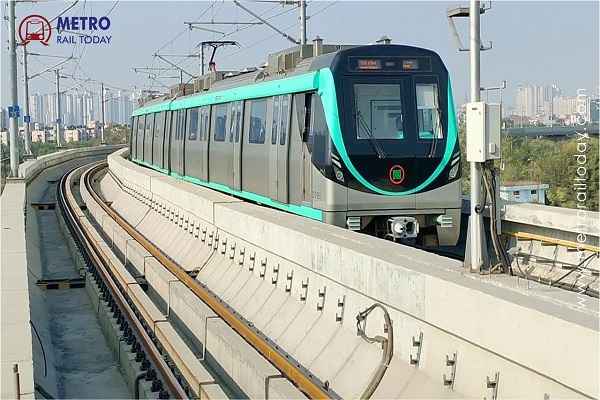 Ayesa India wins Design Consultancy Contract for Noida Metro Aqua Line Extension
Ayesa India wins Design Consultancy Contract for Noida Metro Aqua Line Extension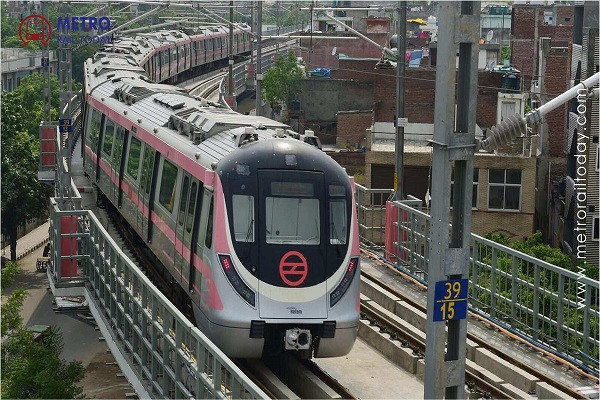 Vossloh Cogifer bags Track Infrastructure Contract for Delhi Metro Phase 4 Corridors
Vossloh Cogifer bags Track Infrastructure Contract for Delhi Metro Phase 4 Corridors
Budapest Metro and Light Rail gets US$27.35mn funding boost from Hungarian Govt
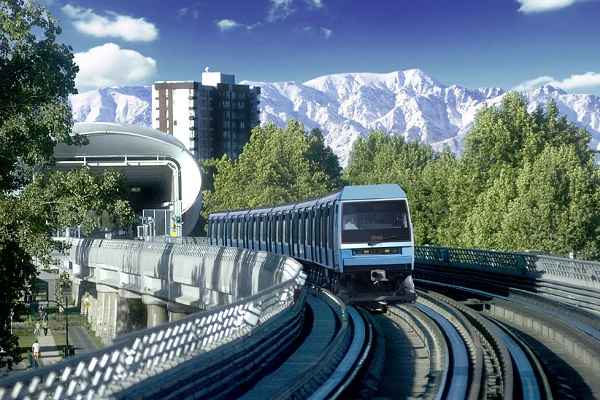
Budapest, Hungary (Metro Rail Today): In a significant development for Budapest's public transportation network, the Budapest public transport authority, BKK, has successfully secured Forints 10 billion (approximately US$27.35 million) in funding from the Hungarian government. This funding injection will kickstart preparations for the extension of metro line M1 and pave the way for various other expansion projects across the city.
The planned extension of metro line M1 entails a 3-kilometer stretch north from Mexikói út, closely tracing an existing motorway until it reaches a new railway station north of Rákosrendező. This station will intersect with the orbital line from Rákos/Ferencváros, effectively enhancing connectivity across the Budapest - Szob main line.
According to Budapest's mayor, the construction of this extension is projected to cost Forints 77 billion, with an additional Forints 29 billion earmarked for the replacement of the aging M1 fleet, which was initially put into service back in 1973.
The government's allocation of Forints 10 billion will not only facilitate the extension of metro line M1 but also cover the design work for several light rail projects. These include extending Line 3 to Pesterzsébet, extending Line 42 to Gloriett-telep, and establishing connections between lines 47 and 49 at Deák tér and lines 12 and 14 at Lehel tér, both of which run parallel to metro line M3.
Upon completion of the design phase, the tendering process for the Deák tér - Lehel tér line could commence as early as 2027, with an anticipated opening slated for 2030.
Moreover, the government's decision to greenlight projects where the confirmation of European Union (EU) funding is imminent sets the stage for planning additional initiatives within Budapest's HÉV commuter network. These initiatives involve the reconstruction of lines H8 and H9 and their integration with metro line M2 at Örs vezér tere. Furthermore, plans are underway to procure a new fleet to operate on the combined lines.
In addition to metro and light rail projects, BKK is also eyeing the construction of a new connection between Line H5 in the north of the city and lines H6 and H7 in the south, with a route passing through the central Nyugati terminus.
Overall, these ambitious expansion and modernization plans signify a significant step forward in enhancing Budapest's public transportation infrastructure, promising improved connectivity and convenience for residents and commuters alike.






